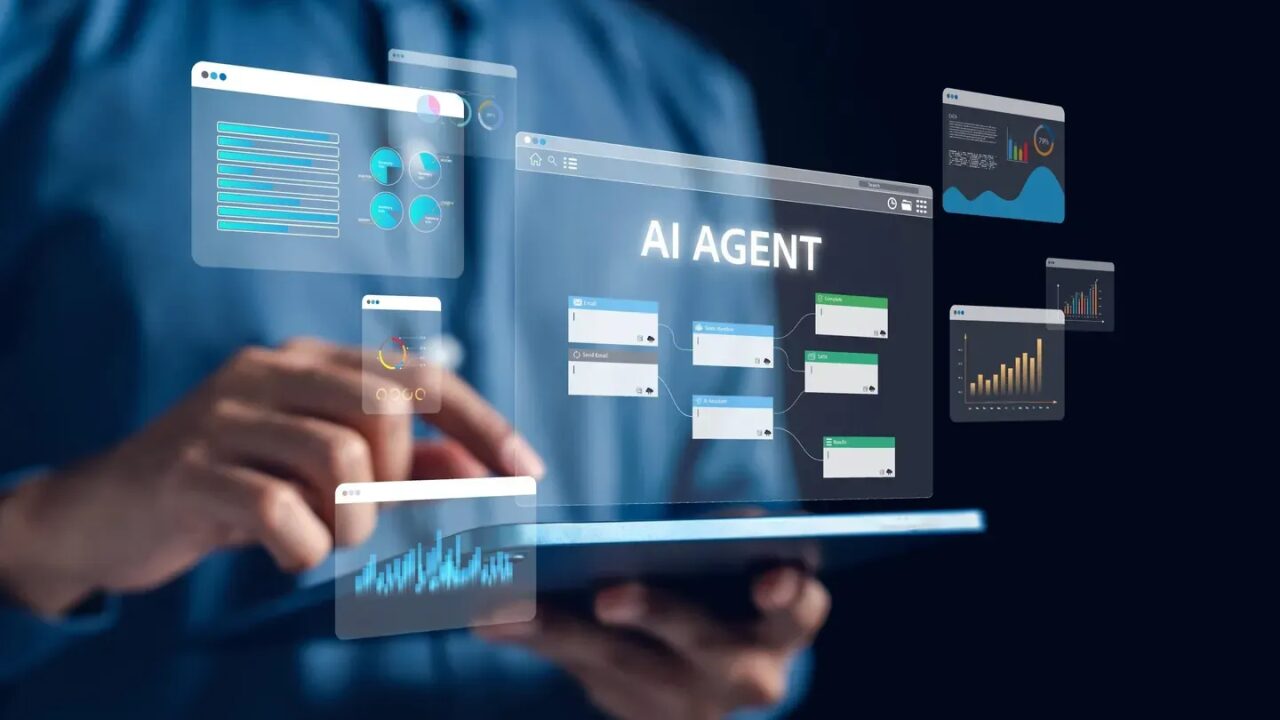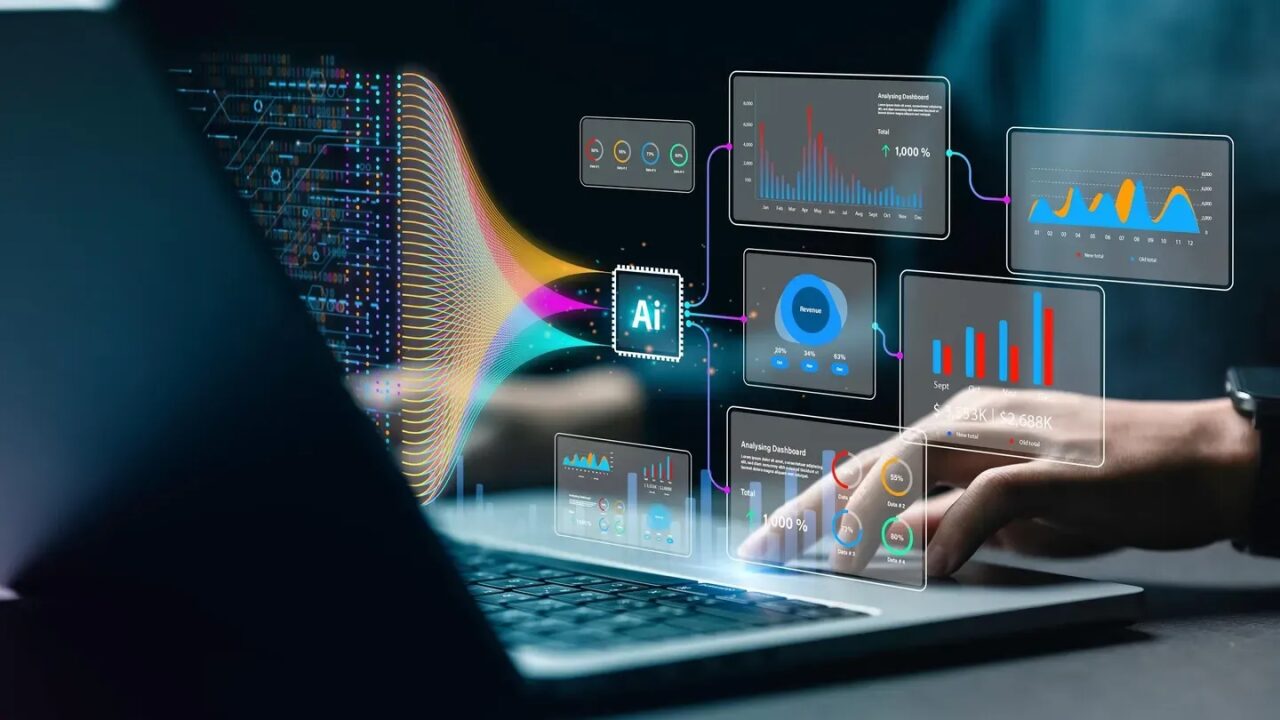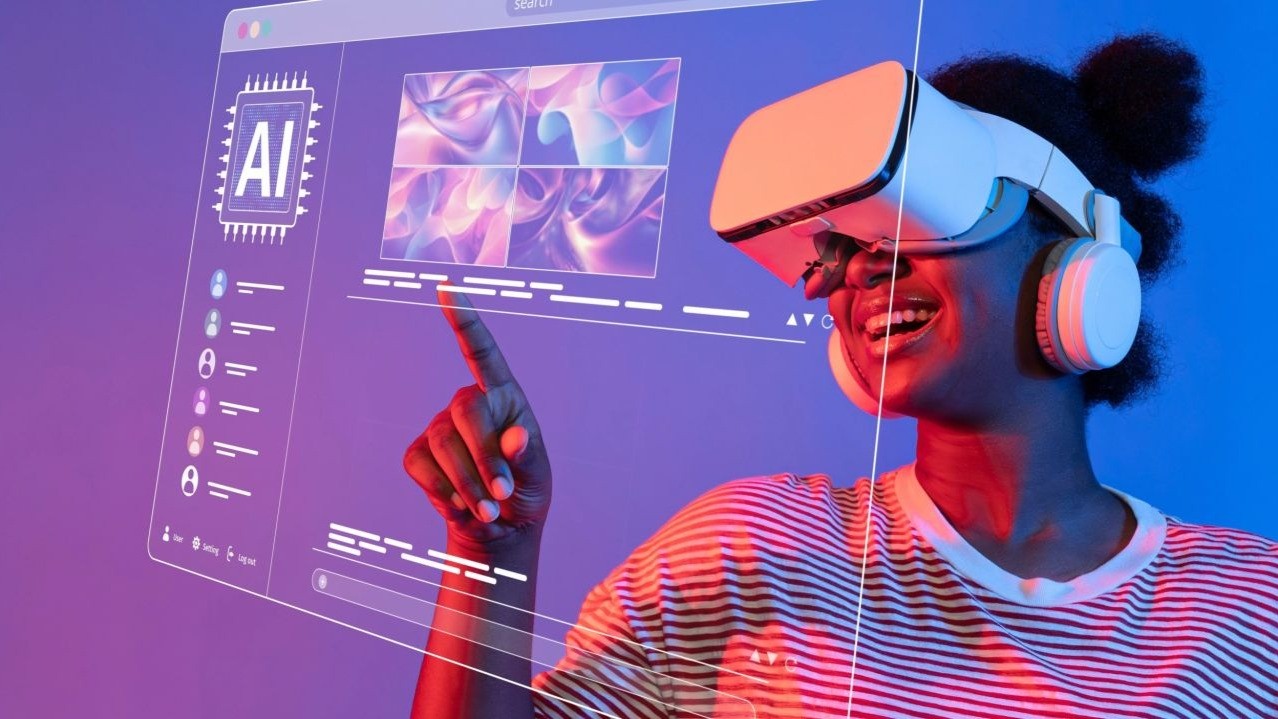EMI: When AIs Become Creative And Compose Music
2 July 2021
Can a machine compose music just as well as a human? In the last 30 years, David Cope has been advancing the case that it can with Emmy or EMI, Experiments in Musical Intelligence. What began as a way to overcome his composer’s block has resulted in many original compositions in the style of famous composers by EMI and ultimately the 2.0 version known as Emily Howell.

David Cope: The Musician and Mastermind
As a traditional musician and composer, Cope is the Dickerson Emeritus Professor at the University of California at Santa Cruz. He’s created hundreds of works that have been performed around the world but was facing composer’s block back in 1982 on the opera he had been commissioned to create. Prior to that, he had dabbled in computers and programming, studying several computer languages including LISP, the language often deployed for artificial intelligence work. As a way to overcome his composer’s block—or procrastinate—he decided to use some of the AI he had learned and programme something that would produce music. When he heard what was created, he could decide if it was something he’d do or not as a way to catapult him past the composer’s block. This would ultimately lead to what would become EMI.
How EMI worked
Based on the compositions that Cope would upload to EMI’s database, the programme would:
1. Deconstruct the composition, analyse it and separate it into parts
2. Determine patterns or signatures in the work that would signify the piece’s style
3. Recombine the various pieces into new patterns without replicating anything exactly
He started with his own compositions and began to see patterns in his own work that he had never been aware of before. That became the impetus for him to change his style. After he completed his opera eight years after he received the commission (but only two days after he finished programming), Cope began to compose new works in the style of famous composers using EMI. Early feedback from faculty and other friends who heard it suggested that the original EMI compositions might sound better played by actual musicians; however, Cope struggled to find a label to produce the music and human musicians to play it. He finally resorted to using the Disklavier, a form of piano that uses sensors, to perform the works composed by EMI recording Bach by Design—the first produced with no humans either composing or performing. Critics and reviews were not favourable.
Is it Bach, a Human Composer or EMI?
There was no doubt what EMI created for Bach by Design was Bach-like. Its next test was orchestrated by Professor Douglas Hofstadter of the University of Oregon. He had a pianist perform three pieces in the style of Bach—one written by Dr Steve Larson, one by EMI and the last an actual piece by Bach. When the audience determined that Dr Larson’s piece was written by a computer, he was quoted in the New York Times, “That people could be duped by a computer programme was very disconcerting.”
Dr Larson’s upset is just par for the course as musicians and academia grapple with AI composers and what it means for the music industry, and critics lambast the compositions for nothing have heart or soul—something assumed to only be provided by a human.
Emily Howell: AI Composer
Cope isn’t one to let detractors side-track his progress, so he set out to take the next step to explore artificial intelligence in music composition. He decided in 2003 to stop doing historical replications and set Emily Howell, the successor to EMI, loose on composing her own style of music based on a collection of works EMI had produced. Emily can take musical or verbal feedback and modify her compositions. Cope explains in great depth how Emily Howell works in his book Computer Models of Musical Creativity.
Cope believes Emily should be more controversial than EMI ever was to today’s composers because she can be viewed as a competitor while EMI looked at composers from the past. Critics still complain that they don’t hear humanity in her compositions, but Cope is still undaunted.
Cope addressed these concerns in an article in The Guardian, “People tell me they don’t hear soul in the music. The feelings that we get from listening to music are something we produce; it’s not there in the notes. It comes from emotional insight in each of us; the music is just the trigger.”
After 30 years dedicated to teaching computers how to compose classical music, David Cope is still committed to his research and to challenge conventional ways of thinking when it comes to music.
Related Articles
AI Agents Lead The 8 Tech Trends Transforming Enterprise In 2026
By now, “smart” versions exist of just about every home appliance, gadget and gizmos we can think of. However, manufacturers continue[...]
The 8 Data Trends That Will Define 2026
By now, “smart” versions exist of just about every home appliance, gadget and gizmos we can think of. However, manufacturers continue[...]
7 Quantum Computing Trends That Will Shape Every Industry In 2026
By now, “smart” versions exist of just about every home appliance, gadget and gizmos we can think of. However, manufacturers continue[...]
The Next Giant Leap For AI Is Called World Models
By now, “smart” versions exist of just about every home appliance, gadget and gizmos we can think of. However, manufacturers continue[...]
7 Revolutionary Space Tech Trends That Will Transform Life On Earth In 2026
By now, “smart” versions exist of just about every home appliance, gadget and gizmos we can think of. However, manufacturers continue[...]
4 Tech Trends That Will Shape 2026 And The Breakthroughs Powering Them
By now, “smart” versions exist of just about every home appliance, gadget and gizmos we can think of. However, manufacturers continue[...]
Sign up to Stay in Touch!
Bernard Marr is a world-renowned futurist, influencer and thought leader in the fields of business and technology, with a passion for using technology for the good of humanity.
He is a best-selling author of over 20 books, writes a regular column for Forbes and advises and coaches many of the world’s best-known organisations.
He has a combined following of 4 million people across his social media channels and newsletters and was ranked by LinkedIn as one of the top 5 business influencers in the world.
Bernard’s latest book is ‘Generative AI in Practice’.










Social Media